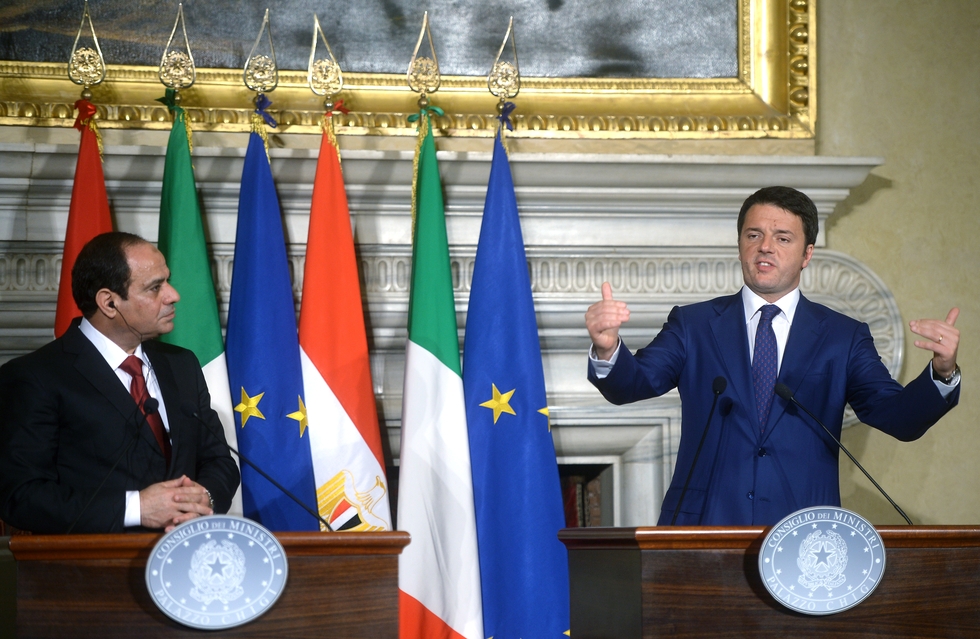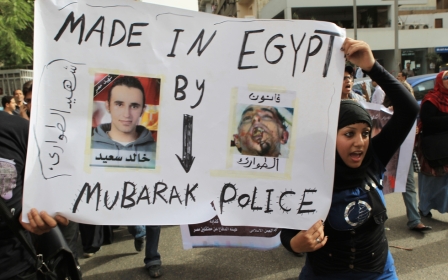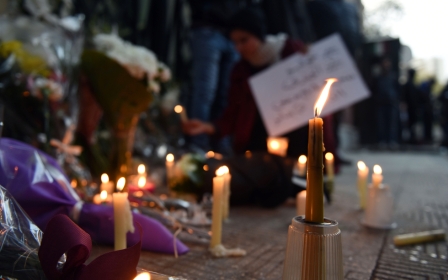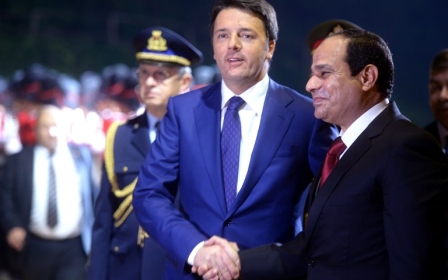Losing Italy: Sisi pays the price for Regeni murder

The recall of ambassador Massari could prove to be just the first step of Italian retaliations in the face of Egyptian behaviour. The biggest measure that Italian policymakers are considering is a travel and business warning to their citizens which would bring to zero the number of Italian tourists in the country (already down from one million a year to 300,000 in recent years) and raise insurance premiums for the numerous Italian companies operating in Egypt.
Italy is also considering the suspension of cultural cooperation, including the exchange of university students and researchers. Finally, bilateral high-level meetings, an increasing feature of relations between the two countries, are likely to be frozen.
Italy will also ask for EU solidarity and to this end Foreign Minister Paolo Gentiloni has met with his EU counterpart, and predecessor, Federica Mogherini. The Regeni murder was indeed not just an Italian-Egyptian case but it gained the front pages also in the UK, where Regeni was a post-graduate student at Cambridge, and in the US.
US Secretary of State John Kerry is said to have raised the issue with his Egyptian counterpart and a petition to ask the UK parliament to discuss the matter in light of Regeni’s longstanding residence in Britain has just reached the required number of 10,000 signatures, prompting the Foreign Office to promise action.
Yet, Rome is unlikely to get more than words. French President Francois Hollande is due to visit Egypt on Sunday. France and the UK are, with Egypt, in the same place where Rome was until the day Regeni’s body was found. Egypt is seen as a pillar of stability in a turbulent region, a partner in dealing with thorny issues such as the Gaza Strip, the security of Israel and Libya.
All European countries have business interests, including high-level arms deals such as the French sale of its Raphale fighter jets to Egypt worth $5 billion. Finally, Egypt is seen as a partner for counterterrorism operations, the lens through which the region is increasingly seen in European capitals since the attacks in Paris in January 2015.
For Renzi, downgrading the relationship was inevitable because of domestic policy concerns. The campaign for the truth on Regeni’s murder had reached levels unseen since the war in Iraq in 2003. This is a big turnaround in Renzi’s foreign policy. Building up relations with Sisi was a crucial pillar of his strategy to align Italy’s security, business interests and foreign policy.
Politically, Renzi saw in Sisi a crucial partner to stabilise Libya. The Italian prime minister did not stop at a plain political relationship but went as far as embracing him as a great and ambitious leader in an interview with Al Jazeera that has come to haunt him on social media since the Regeni murder turned Italian public opinion against Sisi. The Italian Minister of Defence Roberta Pinotti was an enthusiast of Egypt’s role in counterterrorism and signed several deals with Sisi’s regime. It’s worth wondering whether these will be rescinded or at least suspended now.
Economically, Italy’s largest bank, Banca Intesa, has large interests in Egypt and several construction companies were to benefit from procurements linked to Sisi’s grandiose plans. Coincidentally, Renzi was the only European prime minister to attend the March 2015 Sharm el Sheikh conference organised by the Egyptian regime to raise funds for these plans. Yet, for the Italian business world the reopening of relations with Iran may well offset in a very short time the loss of some business opportunity in Egypt, a country that many in Europe deem unsafe regardless of official business warnings.
For Egypt and for Sisi the biggest loss could come in the energy sector. The Italian oil giant ENI has recently discovered what is believed to be the largest gas field in the Mediterranean, just off the Egyptian coasts. For legal reasons, Sisi cannot strip ENI of this contract while ENI might decide to either proceed with exploitation regardless of deteriorating political bilateral relations or to hold off from a multi-billion investment in view also of plunging energy prices. This would be a greater loss for Sisi, who would miss a unique opportunity to become a relevant energy producer and create an alternative to Saudi and Emirati founding – which will increasingly come as loans rather than gifts, given the budget situation in Riyad.
While this is probably Sisi's first major foreign policy reversal, he could not have admitted the role of his security services in the murder without suffering a domestic setback. However, the mismanagement and incompetence shown by his regime in the management of the case has left many in the West wondering who is really in charge in Cairo – something that could impact Sisi further down the line.
For the Americans and Europeans, it’s time to think hard how much sense of impunity they want to nurture in their allies in the Middle East and North Africa before this affects both Western influence in the region and the ability of their allies to actually deliver anything on counterterrorism and beyond. Letting Sisi off the hook on this case could actually delay any attempt to put the Egyptian house in order before it is too late.
- Mattia Toaldo is a senior policy fellow at the European Council on Foreign Relations.
The views expressed in this article belong to the author and do not necessarily reflect the editorial policy of Middle East Eye.
Photo: Egyptian President Abdel Fattah al-Sisi (L) and Italian Prime Minister Matteo Renzi speak during a news conference following their meeting at Villa Madama in Rome on 24 November, 2014 (AFP).
Middle East Eye propose une couverture et une analyse indépendantes et incomparables du Moyen-Orient, de l’Afrique du Nord et d’autres régions du monde. Pour en savoir plus sur la reprise de ce contenu et les frais qui s’appliquent, veuillez remplir ce formulaire [en anglais]. Pour en savoir plus sur MEE, cliquez ici [en anglais].





